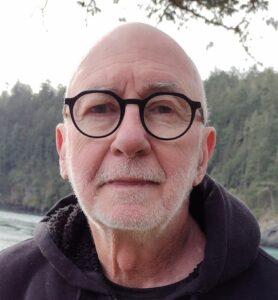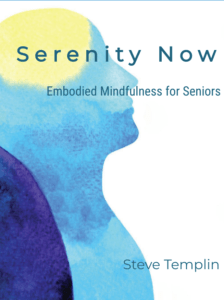Major insights into the cause and treatment of illness were discovered twenty years ago … insights that for the most part are still ignored today.
The Center for Disease Control (CDC) and Kaiser Permanente Adult Childhood Adversity (ACE) studies involving 17,000 individuals revealed that childhood stress and adversity was the determining factor leading to illness later in life.
The ACE studies showed that adult illness, as well as the likelihood of being a victim or perpetrator of violence, was significantly influenced by childhood events.
Childhood Experiences Influence Brain Development
In a nutshell, childhood stress baths the brain in an overabundance of adrenal stress hormones that interrupts normal brain development. The net effect of this disruption is a vulnerability to stress and an inclination towards inflammatory conditions. The overall effect is a disruption of the autonomic nervous system that’s responsible for the health and self-regulation (self-healing) of all organs and glands.
From this perspective it’s easy to see how early life stress becomes a predictor of later life illness and distress.
The Good News … You Can Reprogram Your Brain
While we can’t undue the past, we can take responsibility for repairing how past events disrupted the development of our brain. The key to positive neuroplasticity and repairing your brain is to give it what it was denied in childhood.
The key element that was missing in a stressful childhood was safety. Without safety, the brain will not develop properly.
The addition of safety allows the brain to resume normal development (at any age) and to improve our capacity for self-regulation and healing. Brain repair turns out to be one of the best prescriptions for chronic pain and illness.
Among the best general suggestions for bathing the brain in safety is a regular mindfulness practice… with an added pinch of compassion. Yes, the right kind of mindfulness meditation … often easier said than done without coaching … is proven to heal the brain. You can reference Dr. Dan Seigel’s work in Interpersonal Neurobiology for much more on the physiology of that process.
To summarize, if you’re looking for help in changing a chronic pattern of distress, it may be comforting to know that some of the best scientific research is pointing to your very own brain … and its potential for healing.

 Steve is a retired Doctor of Oriental Medicine, Acupuncture Physician, and HeartMath Trauma-Sensitive Certified Practitioner with over 35 years of clinical experience in the fields of Energy Medicine, Energy Psychology, and Biofeedback.
Steve is a retired Doctor of Oriental Medicine, Acupuncture Physician, and HeartMath Trauma-Sensitive Certified Practitioner with over 35 years of clinical experience in the fields of Energy Medicine, Energy Psychology, and Biofeedback. 